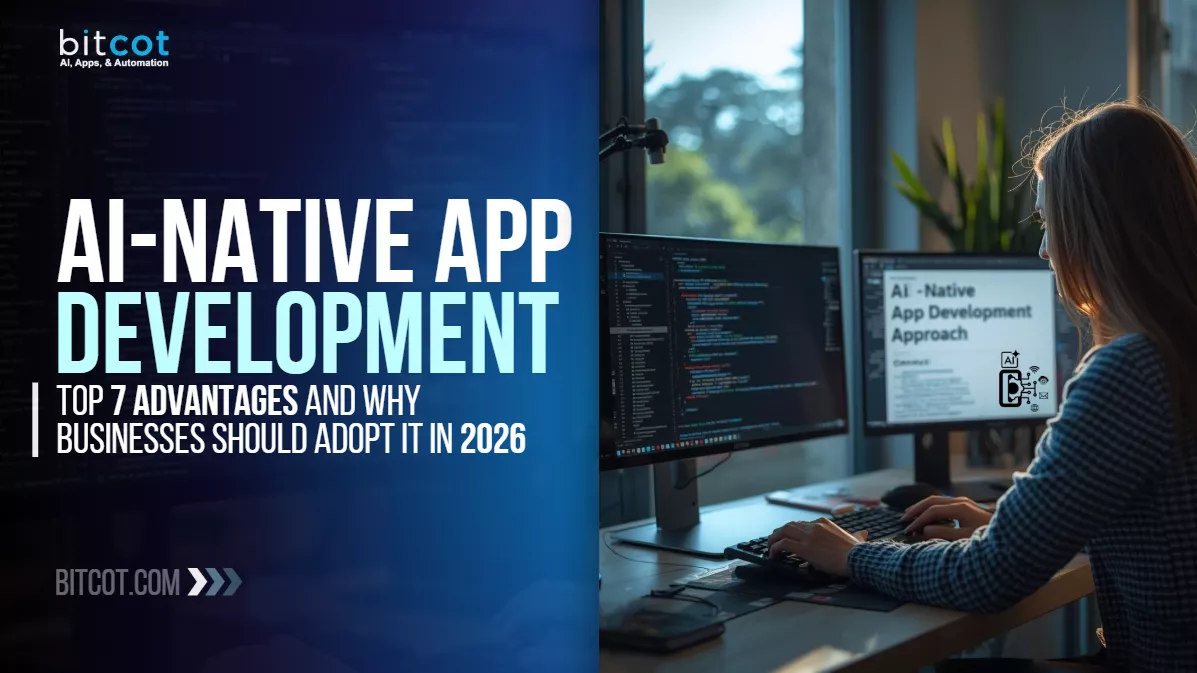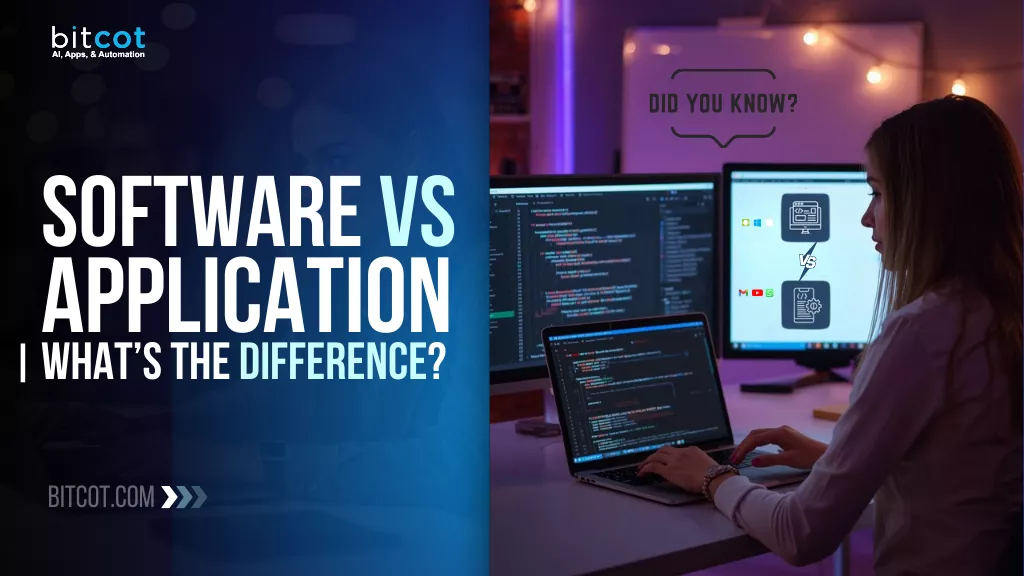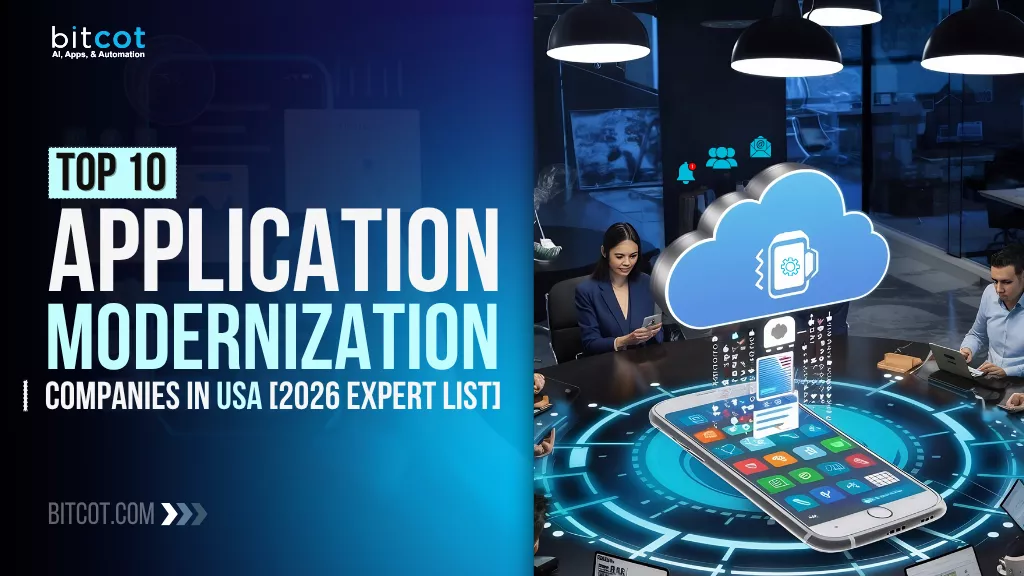
Legacy systems cost businesses more than money – they cost opportunities. Outdated applications drain IT budgets, slow down operations, and create security vulnerabilities that keep CTOs awake at night.
The numbers tell a sobering story. Organizations spend 60-80% of their IT budgets maintaining legacy systems. That’s resources that could fuel innovation, instead locked into keeping old technology running.
But here’s the challenge: 79% of application modernization projects fail. The difference between success and failure often comes down to choosing the right modernization partner.
This guide breaks down the top app modernization companies in the USA – firms with proven track records, technical depth, and the expertise to transform legacy applications into modern, cloud-native solutions without disrupting business operations.
What Makes an App Modernization Company Worth Your Investment?
Not every software development firm can handle legacy modernization. It requires specialized expertise that goes beyond standard coding skills.
The best legacy software modernization services providers share specific characteristics:
Deep Technical Expertise in Legacy Systems: Understanding COBOL, mainframes, outdated frameworks, and monolithic architectures isn’t just helpful – it’s mandatory. These companies need engineers who can reverse-engineer decades-old code and map migration paths to modern technology stacks.
Proven Cloud Migration Experience: Moving applications to AWS, Azure, or Google Cloud Platform demands more than basic cloud knowledge. Top enterprise application modernization companies have completed dozens of legacy application migration to cloud projects and understand the nuances of rehosting, replatforming, and rearchitecting strategies.
Security and Compliance Standards: Application transformation touches sensitive data and critical business processes. Companies must maintain certifications like ISO 27001, SOC 2, and GDPR compliance to protect enterprise assets during transformation.
Industry-Specific Knowledge: Healthcare applications face HIPAA requirements. Financial services need PCI-DSS compliance. Retail systems require omnichannel integration. The right partner understands these industry-specific demands.
Risk Management Capabilities: Failed modernization projects can cripple businesses. Elite firms use proven methodologies like the Strangler Fig Pattern, implement comprehensive testing protocols, and maintain rollback capabilities throughout migration.
Top 10 Application Modernization Service Providers in USA
These companies represent the strongest options for enterprise application modernization in the United States. Each brings unique strengths, technical capabilities, and proven methodologies.
1. Bitcot
Bitcot stands out in the application modernization landscape through their systematic approach to transforming legacy systems. Based in San Diego, this award-winning firm specializes in migrating legacy applications to the cloud while minimizing business disruption.
Core Modernization Services:
- Legacy system assessment and modernization roadmap development
- Cloud migration using AWS, Azure, and Google Cloud Platform
- API modernization and microservices architecture implementation
- Frontend modernization with React, Angular, and Vue frameworks
- Backend optimization and database modernization
- AI-powered automation integration for modernized applications
What separates Bitcot from competitors is their focus on business outcomes rather than just technical upgrades. Their team conducts comprehensive application portfolio assessments that evaluate both technical debt and business value, ensuring upgradation investments deliver measurable ROI.
Modernization Approach: Bitcot follows a phased migration strategy that reduces risk. They start with thorough legacy system analysis, identify dependencies, create detailed migration plans, and execute transformations in controlled sprints. This approach maintains system availability while gradually moving functionality to modern platforms.
Their expertise extends beyond basic rehosting. Bitcot’s engineers rebuild applications using cloud-native architectures, implement containerization with Docker and Kubernetes, and establish CI/CD pipelines that accelerate future development cycles.
Technology Stack: AWS, Azure, GCP, React, Angular, Vue.js, Node.js, Python, Java, .NET Core, Docker, Kubernetes, Terraform
Notable Achievement: Transformed a pharmaceutical SaaS application, enabling 70% more concurrent users and achieving 65% faster data processing speeds through cloud migration and architectural improvements.
Why Choose Bitcot: Organizations select Bitcot when they need a modernization partner that balances technical excellence with business pragmatism. Their San Diego-based team works closely with clients throughout California and across the United States, delivering customized solutions that align with specific industry requirements and growth objectives.
2. Accenture
Accenture dominates the enterprise transformation space through sheer scale and resources. Their application modernization practice combines consulting expertise with technical execution capabilities that few competitors can match.
Core Capabilities: Accenture specializes in mainframe migration, transforming decades-old COBOL applications into modern cloud-based systems. They maintain dedicated legacy system modernization centers globally and employ proprietary tools that accelerate migration timelines.
Their approach integrates business strategy with technical implementation. Accenture doesn’t just modernize applications – they redesign business processes to maximize the value of new technology investments.
Best For: Organizations with complex, mission-critical systems requiring enterprise-grade governance, extensive documentation, and proven methodologies backed by massive resources.
3. Deloitte Digital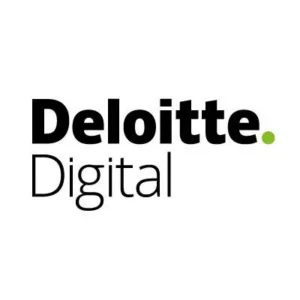
Deloitte brings strategic consulting depth to application modernization projects. Their teams understand that legacy system transformation involves organizational change management, not just technical migration.
Modernization Focus: Deloitte excels in heavily regulated industries – financial services, healthcare, government, and energy. Their modernization strategies account for compliance requirements from project inception, ensuring transformed applications meet regulatory standards.
They offer end-to-end services spanning initial assessment, migration strategy, implementation, and post-migration optimization. Their consulting approach helps organizations build internal capabilities while transforming technology.
Best For: Enterprises where regulatory compliance, risk management, and strategic alignment matter as much as technical execution.
4. IBM Consulting
IBM Consulting possesses unmatched expertise in mainframe modernization. Given IBM’s hardware legacy, their teams understand legacy systems at an architectural level that competitors struggle to match.
Technical Strengths: IBM’s modernization practice leverages automated code conversion tools, AI-powered testing platforms, and decades of enterprise system knowledge. They specialize in hybrid cloud architectures that bridge on-premises systems with cloud platforms.
Their methodology emphasizes gradual transformation over risky “big bang” migrations. IBM uses the Strangler Fig Pattern extensively, allowing organizations to modernize incrementally while maintaining system stability.
Best For: Enterprises running IBM mainframes, AS/400 systems, or complex mixed environments requiring specialized legacy expertise.
5. Cognizant
Cognizant combines technical capability with cost efficiency through their global delivery model. They maintain large development centers that enable competitive pricing while delivering enterprise-grade modernization services.
Service Portfolio: Cognizant offers comprehensive application modernization services including cloud-native application development, API development, microservices transformation, and continuous modernization support. Their teams have deep experience across healthcare, banking, insurance, and retail sectors.
They emphasize automation in modernization projects, using AI development services and AI-powered tools to accelerate code analysis, testing, and migration. This reduces manual effort and shortens project timelines.
Best For: Organizations prioritizing cost optimization while requiring proven modernization expertise and scalable team resources.
6. Capgemini 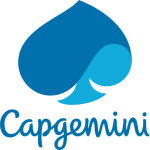
Capgemini brings European sophistication to application transformation with strong capabilities across cloud platforms and modern development practices. Their modernization practice emphasizes sustainable transformation that reduces long-term technical debt.
Modernization Philosophy: Capgemini focuses on creating cloud-native applications rather than simply lifting and shifting legacy systems. They advocate for rearchitecting applications to fully leverage cloud capabilities – auto-scaling, serverless computing, and managed services.
Their teams excel at complex, multi-year transformation programs that touch hundreds of applications across global operations. They provide program management expertise that keeps large-scale modernization on track.
Best For: Multinational corporations requiring coordinated modernization across regions with consistent methodologies and governance.
7. Infosys 
Infosys differentiates through their investment in AI and automation tools for legacy modernization. Their proprietary platforms accelerate application assessment, code conversion, and testing – reducing modernization timelines by up to 40%.
Technology Innovation: Infosys has developed specialized tools for automated code analysis, pattern recognition in legacy systems, and intelligent migration path recommendations. These platforms help de-risk modernization projects by identifying issues before they impact production.
They maintain centers of excellence focused on specific modernization challenges – mainframe migration, ERP transformation, and digital experience modernization.
Best For: Organizations attracted to AI-driven modernization approaches and seeking significant cost advantages through offshore delivery.
8. TCS (Tata Consultancy Services) 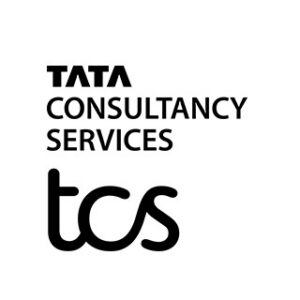
TCS brings the largest technical workforce in the IT services industry to modernization challenges. Their scale enables them to staff projects with hundreds of engineers while maintaining quality and consistency.
Delivery Excellence: TCS has refined modernization methodologies through thousands of projects. They use frameworks like Machine First Delivery Model that embeds automation throughout the development lifecycle, improving efficiency and reducing errors.
Their industry-specific business units provide vertical expertise – banking solutions teams understand core banking systems, healthcare teams know EHR platforms, and retail teams grasp omnichannel commerce requirements. This combination of scale and enterprise application development expertise makes them a comprehensive modernization partner.
Best For: Organizations requiring proven scale, comprehensive service portfolios, and long-term partnership potential across multiple technology domains.
9. DXC Technology 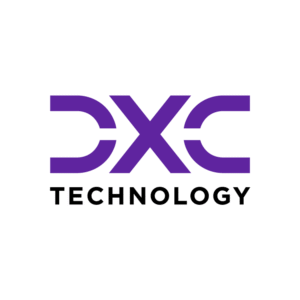
DXC Technology emerged from merging two enterprise IT giants, bringing decades of mainframe and legacy system expertise. They specialize in complex infrastructure modernization that touches hardware, middleware, and applications simultaneously.
Government Expertise: DXC maintains strong relationships with federal, state, and local government agencies. They understand public sector procurement processes, security clearance requirements, and compliance frameworks like FedRAMP and FISMA.
Their modernization approach emphasizes infrastructure transformation alongside application updates – migrating data centers, modernizing networks, and transforming applications as integrated programs.
Best For: Government agencies and highly regulated enterprises requiring infrastructure and application modernization as coordinated initiatives.
10. Wipro 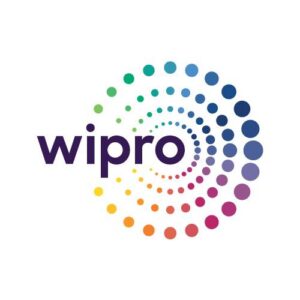
Wipro rounds out the top ten with strong technical capabilities across cloud platforms, development frameworks, and industry domains. They position themselves as a balanced choice – enterprise-grade expertise without the premium pricing of top-tier consultancies.
Service Approach: Wipro’s modernization practice emphasizes collaborative delivery models. They establish integrated teams combining client personnel with Wipro engineers, facilitating knowledge transfer while executing transformation.
They maintain partnerships with major cloud providers – AWS, Azure, and Google Cloud – and hold advanced certifications demonstrating proven migration expertise. Their case studies span industries including healthcare, energy, consumer goods, and financial services.
Best For: Organizations seeking proven modernization capabilities with flexible engagement models and competitive pricing structures.
How to Select the Right Legacy Application Modernization Partner
Choosing an application modernization company determines project success more than any other factor. Use this framework to evaluate potential partners:
Assess Technical Depth in Your Specific Technology Stack
Generic software development skills don’t translate to modernization expertise. Evaluate candidates based on their experience with your exact legacy technologies.
Questions to Ask:
- How many projects have you completed modernizing [your specific legacy platform]?
- What’s your team’s average experience level with [your legacy technology]?
- Can you provide client references from similar modernization projects?
- What automated tools do you use for code analysis and migration?
Evaluate Their Modernization Methodology
Successful modernization requires proven frameworks, not improvisation. Strong partners articulate clear methodologies covering assessment, planning, execution, and post-migration support. When comparing application modernization vendors, they should demonstrate risk mitigation strategies for each project stage, established rollback procedures, and comprehensive testing protocols.
Red Flags:
- Vague responses about their process
- Promises of unrealistically fast timelines
- Unwillingness to discuss risk management strategies
- Lack of documented case studies
Green Flags:
- Detailed phase-gate approach with clear deliverables
- Risk mitigation strategies for each project stage
- Established rollback procedures
- Comprehensive testing protocols
Verify Industry-Specific Experience
Healthcare modernization differs dramatically from retail transformation. Banking applications face unique regulatory requirements. Manufacturing systems have specific integration needs.
Prioritize app modernization firms with demonstrated success in your industry. They’ll understand domain-specific challenges without requiring extensive education. For instance, digital transformation services for e-commerce platforms require different expertise than modernizing enterprise resource planning systems.
Review Security Credentials and Compliance
Application modernization involves accessing sensitive data and critical business systems. Verify that candidates maintain appropriate security certifications and compliance frameworks.
Minimum Requirements:
- ISO 27001 certification for information security management
- SOC 2 Type II attestation
- Industry-specific compliance (HIPAA for healthcare, PCI-DSS for payments, etc.)
- Clear data handling and confidentiality protocols
Understand Total Cost Structure
Modernization costs extend beyond initial development. Factor in ongoing maintenance, support, training, and potential scope changes.
Cost Components to Clarify:
- Initial assessment and planning fees
- Development and migration costs
- Infrastructure costs (cloud resources during migration)
- Testing and quality assurance expenses
- Post-migration support and optimization
- Training and knowledge transfer
Request detailed proposals with itemized costs. Be wary of significantly lower bids – they often indicate hidden costs or inexperienced teams.
Test Communication and Collaboration Style
Modernization projects require constant communication between business stakeholders, IT teams, and vendor engineers. Poor communication derails projects faster than technical challenges.
Evaluation Steps:
- Conduct working sessions with their proposed team
- Assess their project management approach
- Review communication cadence (daily standups, weekly reviews, etc.)
- Verify escalation procedures for issues
- Understand their change management process
Common Application Modernization Mistakes to Avoid
Learning from others’ failures prevents costly mistakes. These patterns consistently derail modernization projects:
Underestimating Legacy System Complexity
Legacy applications accumulate undocumented business logic, hidden dependencies, and technical debt over decades. Teams routinely underestimate the effort required to understand and replicate this complexity.
Prevention: Invest properly in assessment phases. Budget 2-3x initial estimates for discovery work. Assume documentation is incomplete or outdated. Comprehensive legacy system modernization and migration planning helps identify hidden complexities early.
Neglecting Data Migration Planning
Application code gets attention while data migration becomes an afterthought. This causes project delays when teams discover data quality issues, format incompatibilities, and volume challenges late in projects.
Prevention: Start data analysis early. Profile data quality, identify cleansing needs, and plan transformation logic before development begins. Test data migration repeatedly throughout the project.
Choosing Technology Based on Trends vs. Fit
Modernizing to the latest trendy technology stack without evaluating actual fit for requirements causes problems. Not every application benefits from microservices, serverless, or cutting-edge frameworks.
Prevention: Let requirements drive technology choices. Evaluate multiple options against specific needs. Consider team skills, operational capabilities, and long-term supportability.
Insufficient User Involvement
Building modernized applications without continuous user input produces systems that technically work but fail to meet actual needs. Users discover issues post-deployment when they’re expensive to fix.
Prevention: Involve business users throughout modernization. Conduct regular demonstrations, gather feedback, and validate assumptions early and often.
Ignoring Operational Readiness
Focusing exclusively on development while neglecting operational preparation creates deployment roadblocks. Teams discover they lack monitoring, logging, disaster recovery, or support processes after go-live.
Prevention: Plan operational requirements alongside development. Establish monitoring, create runbooks, train support staff, and test operational procedures before production cutover.
Future-Proof Your Business with Strategic Application Modernization
Legacy systems represent both liability and opportunity. They drain resources but contain decades of business logic and process knowledge. The challenge isn’t whether to modernize – it’s how to do it successfully.
The top application modernization agencies in the USA bring proven expertise, specialized tools, and battle-tested methodologies that dramatically increase success probability. They understand that modernization isn’t just technical transformation – it’s business transformation enabled by technology.
Whether facing compliance pressure, struggling with scalability limitations, or seeking competitive advantage through digital capabilities, the right modernization partner makes the difference between transformation that drives growth and expensive projects that fail to deliver value.
The question isn’t whether to modernize legacy applications. With 79% of IT budgets consumed by legacy system maintenance, inaction costs more than transformation. The question is choosing the right partner and approach to ensure modernization delivers measurable business value.
Start by thoroughly assessing your current application portfolio. Understand which systems drive the most value, which create the most risk, and which offer the best modernization ROI. Then engage modernization experts who can translate technical transformation into business outcomes.
The organizations thriving in today’s digital economy didn’t get there by maintaining legacy systems. They modernized strategically, invested in cloud-native architectures, and partnered with experts who understood both technology and business. Your modernization journey starts with the right partner choice – choose wisely.




